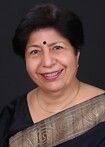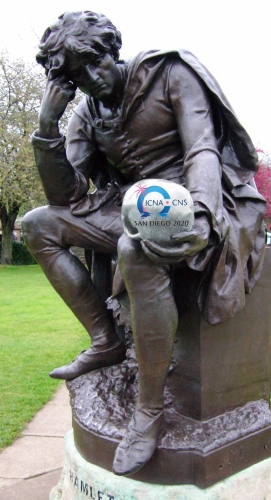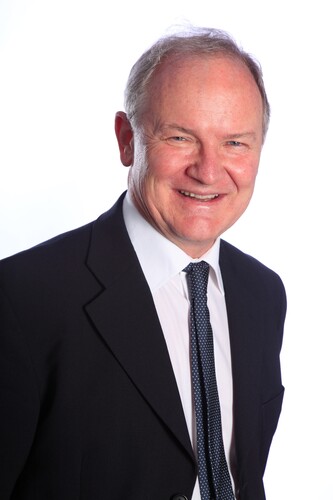ICNA PRESIDENT-ELECT ELECTIONS 2024
ICNA President-Elect Elections 2024 are currently underway. All eligible voters (ICNA Full Members) have been emailed their unique voting credentials. All voting is done via the secure platform at https://icnapedia.org/pe2024. The voting site will remain open until 2400hrs GMT on 1 May 2024.

 I would like to see ICNA as the most dynamic and powerful organization that promotes global access to quality care for children with neurological problems. It would be my endeavour to consolidate the excellent work done by my distinguished predecessors and along with the learned Board Members, to take it a step further, through these strategies- Enhance the visibility and vibrancy of ICNA -through global expansion of membership, wider involvement of members in ICNA projects and activities worldwide, and advocacy to influence national/regional authorities to implement policies related to child neurology.
I would like to see ICNA as the most dynamic and powerful organization that promotes global access to quality care for children with neurological problems. It would be my endeavour to consolidate the excellent work done by my distinguished predecessors and along with the learned Board Members, to take it a step further, through these strategies- Enhance the visibility and vibrancy of ICNA -through global expansion of membership, wider involvement of members in ICNA projects and activities worldwide, and advocacy to influence national/regional authorities to implement policies related to child neurology. When I wrote to you in May, expressing hope that there might still be some way a critical mass of child neurologists could gather for a seaside meeting in California staged in tandem with a virtual meeting online, I did so noting that if this year's meeting in San Diego was "just" another CNS Annual Meeting, we might already have made the same decision so many other associations had to go fully virtual.
When I wrote to you in May, expressing hope that there might still be some way a critical mass of child neurologists could gather for a seaside meeting in California staged in tandem with a virtual meeting online, I did so noting that if this year's meeting in San Diego was "just" another CNS Annual Meeting, we might already have made the same decision so many other associations had to go fully virtual.